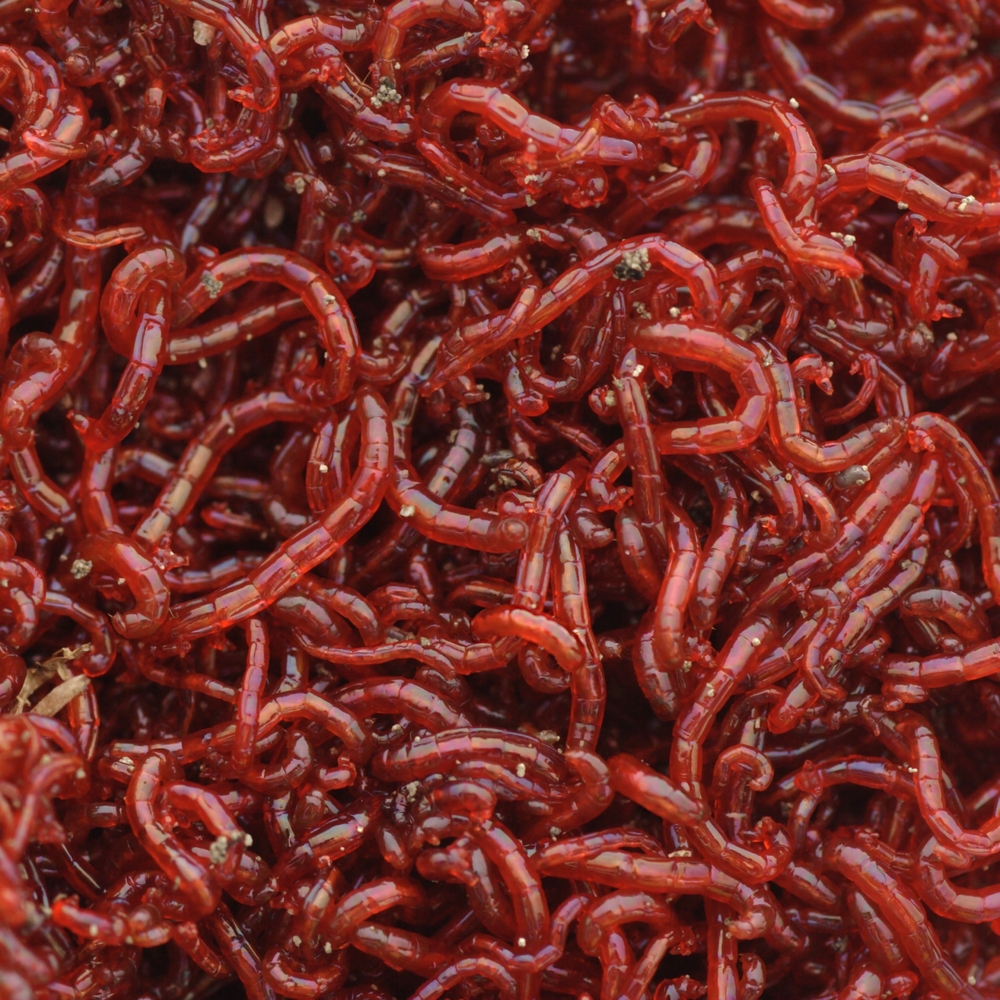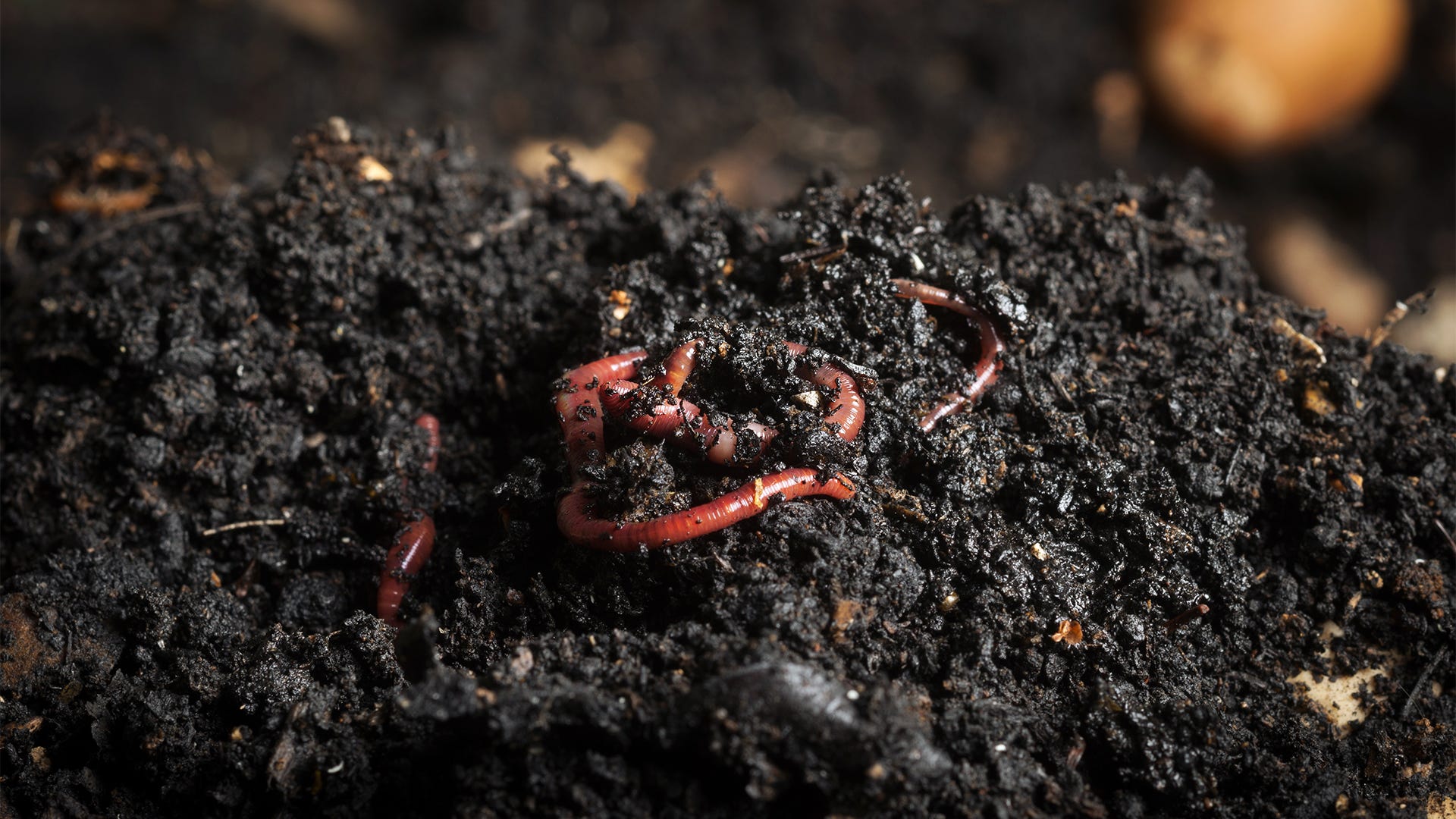Nutrient-rich red worms: Great for gardens
Nutrient-rich red worms: Great for gardens
Blog Article
Why Red Wigglers Are Crucial for Natural Farming
Red wigglers play an essential duty in natural farming, mostly with their one-of-a-kind capacity to decompose organic products and improve dirt wellness. Their task not only improves the dirt with essential nutrients yet additionally promotes a flourishing ecological community important for lasting farming. Moreover, the physical procedures they participate in, such as aeration and moisture retention, contribute substantially to improved plant yields. Nonetheless, the level of their influence on farming techniques and soil biology raises fascinating questions about the future of chemical-free farming. What implications might this have for farming techniques?
Role of Red Wigglers in Soil Health

Furthermore, red wigglers boost dirt structure by creating channels as they delve. These networks improve aeration and water seepage, promoting a much healthier origin setting. Their task additionally helps in keeping ideal wetness levels, which is crucial for healthy plant growth.

Advantages of Worm Castings
Worm castings, the nutrient-rich waste matter generated by red wigglers, work as a powerful amendment for chemical-free farming. These castings are replete with essential nutrients such as nitrogen, phosphorus, and potassium, which are crucial for plant growth. Unlike artificial plant foods, worm castings release nutrients slowly, giving a steady supply gradually and minimizing the risk of nutrient leaching and overflow.
Furthermore, worm spreadings enhance soil structure and aeration, advertising healthier root systems. Their high raw material material improves moisture retention, allowing plants to better endure dry spell problems. Furthermore, worm castings contain valuable microbes that sustain plant wellness by subduing microorganisms and boosting vitamins and mineral uptake.
The application of worm castings can cause enhanced plant returns and improved quality of produce, making them an invaluable resource for organic farmers. Their use also aligns with sustainable farming techniques, adding to soil fertility without the negative environmental influences connected with chemical plant foods. Generally, the consolidation of worm spreadings into agricultural practices promotes an extra resistant and effective community, emphasizing the importance of red wigglers in organic farming systems.

Enhancing Nutrient Cycling
(red wiggler compost bin)Nutrition biking is an important procedure in chemical-free farming, and the assimilation of red wigglers plays a crucial duty in enhancing this cycle. These earthworms add significantly to the breakdown of organic matter, assisting in the improvement of complex organic materials right into simpler, a lot more available nutrients for plants. As red wigglers take in decaying organic matter, they excrete nutrient-rich castings, which are including helpful microorganisms. This microbial activity further aids in the decay procedure, making sure that crucial nutrients are readily available for plant uptake.
In addition, red wigglers aid to accelerate the mineralization of nutrients, transforming them from inert types right into bioavailable forms that plants can absorb. This procedure is crucial for keeping soil fertility and promoting healthy and balanced plant development. The visibility of red wigglers additionally encourages a diverse soil environment, cultivating an equilibrium of nutrients that supports different plant types.
Improving Dirt Framework
The enhancement of dirt framework is essential for cultivating a healthy agricultural ecosystem, and the activity of red wigglers substantially adds to this renovation. These earthworms play an essential duty in freshening the soil and producing a network of channels that assist in water seepage and origin penetration. As they burrow via the dirt, red wigglers break up compressed layers, allowing for much better oxygen exchange and promoting microbial activity.
In addition, the organic issue generated from their waste, referred to as vermicast, enhances soil aggregation. This procedure creates stable globs of hop over to here soil fragments, improving soil porosity and lowering disintegration (red wigglers). The presence of red wigglers additionally motivates the development of helpful fungal networks, which are crucial for nutrient uptake by plants
Supporting Lasting Practices
Incorporating red wigglers into organic farming techniques not only enhances dirt wellness but also promotes lasting farming approaches. These earthworms play an important duty in vitamins and mineral cycling, changing natural waste into important compost that improves the soil. By utilizing red wigglers, farmers can successfully decrease reliance on artificial plant foods, therefore reducing chemical runoff and its damaging impacts on ecological communities.
In addition, the incorporation of red wigglers urges the method of recycling natural products, such as kitchen area scraps and farm waste. This waste reduction strategy not only decreases disposal costs however additionally fosters a closed-loop system where nutrients are constantly returned to the soil (red wigglers). Such techniques are crucial in mitigating climate modification, as they enhance carbon sequestration and reduce greenhouse gas emissions
Additionally, red wigglers boost water retention in the soil, which is crucial in times of drought. Their burrowing tasks create channels that permit water to permeate much deeper into the ground, therefore promoting efficient water use. Eventually, integrating red wigglers into chemical-free farming not only supports biodiversity yet also straightens with the concepts of lasting farming, using a holistic approach to food production.
Final Thought
In conclusion, red wigglers play a crucial function in organic farming by dramatically enhancing soil health and wellness and fertility. Hence, the integration of red wigglers into farming practices is essential for advertising sustainability and boosting overall soil high quality.
Report this page